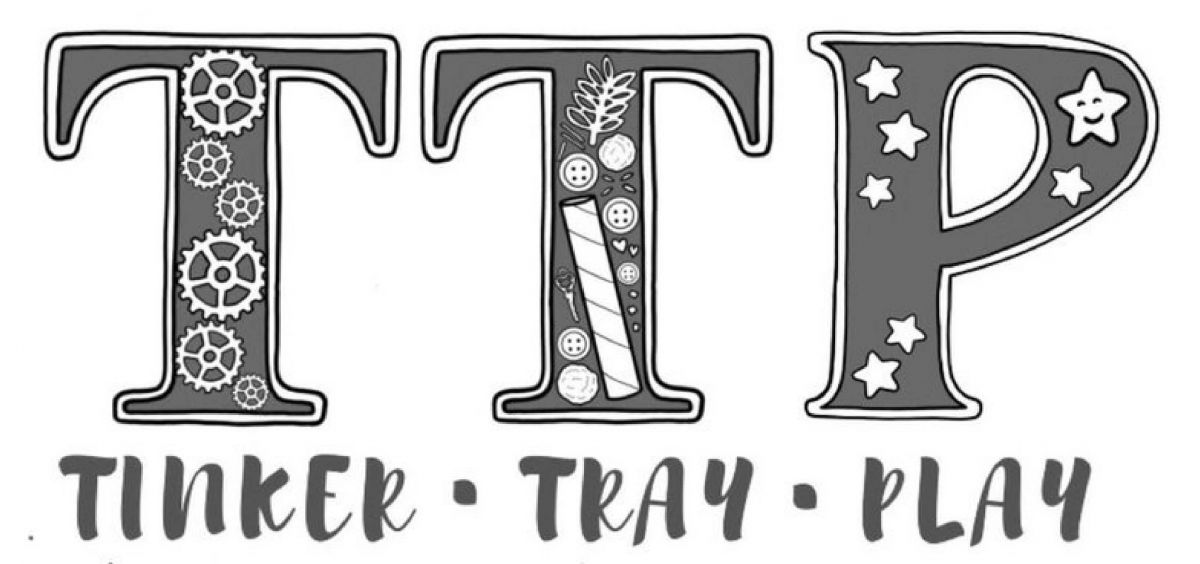How to Encourage Independent Play
This seems to be the Holy Grail of parenting, especially for those of you who are working from home! I feel the immediate need to caveat this with the following: some children are just better at this than others, remember to have realistic expectations of time spent focussed, and finally that this is a skill which needs to be learned and that will take time, but there are things that you can do to encourage independent play:
Firstly make sure that their basic needs are met! Do not expect them to play independently when they are hungry, tired, hot or cold, or upset. This can be so easily overlooked but it is your absolute baseline for success. Basic needs are priority, meet these and the chances of them playing without your constant input are much higher.

Secondly play with them. I know that this seems massively counter-intuitive, but by playing with your children you are modelling how to play, investigate, how to ask questions and to show curiosity, how to use your imagination and to develop ideas using the stimulus that you already have. Get down onto your child’s level, and fully focus on their activity, this won’t work with half listening whilst you’re sending emails – no matter how convincing you think that you are! Make eye contact and play with your child.
Once they have the idea, you can begin to make a gradual retreat. Gradual is key here, begin to play alongside your child, rather than being immersed in their play. This is also great as it shows how many possible ways there are to play and can help your child to lessen their expectation of playmates doing it in exactly their way. Once you have established side-by-side play you can then sit back and watch, keep chatting and gradually slow this down to some intermittent gentle encouragement. Provided they are still happily playing, you can now get back to your own work, but stay in view and remain vocally responsive if they need you to.



Do not break the spell! It can be so tempting to congratulate your child when you find them playing independently, or to ask them questions like “what are you playing? Who is this guy? What will happen next?” and this can break the spell! Definitely notice all the wonderful ways that your child is playing, take notes if you want, but do not speak until the spell dissipates naturally.
Meaningful praise! Remember all those things that you wanted to wade in and say earlier? Now is the time but do yourself and your child a favour and make it meaningful. Empty praise such as ‘well done’, ‘good job’ or ‘nice playing’ mean nothing, even if the intention is good. Children need direct and specific feedback ‘I saw that you managed to find another way when your ramp didn’t work how you had hoped the first time! Well done for persevering and using some really good ideas to solve that problem!’ is much more helpful. Yes, it requires more effort, attention, and words but they’re worth it aren’t they! It’s also ok to say something about how they managed playing alone ‘thank you for playing without me for a few minutes, it means that I have done that important piece of work, and now we can play together again, if you would like?’ but do word this carefully, you don’t want your child to feel rejected in ANY way so always follow up with an offer to do something together again.
Good luck!
Susie Robbins is an advocate for PLAY. She believes in the power of play to help young children learn, to communicate and to make sense of the world around them. She draws on many years experience working with young people to provide daily educational ideas, top tips and advice on all major social media platforms. If you’d like to read more you can find her at @resolvetoplay

